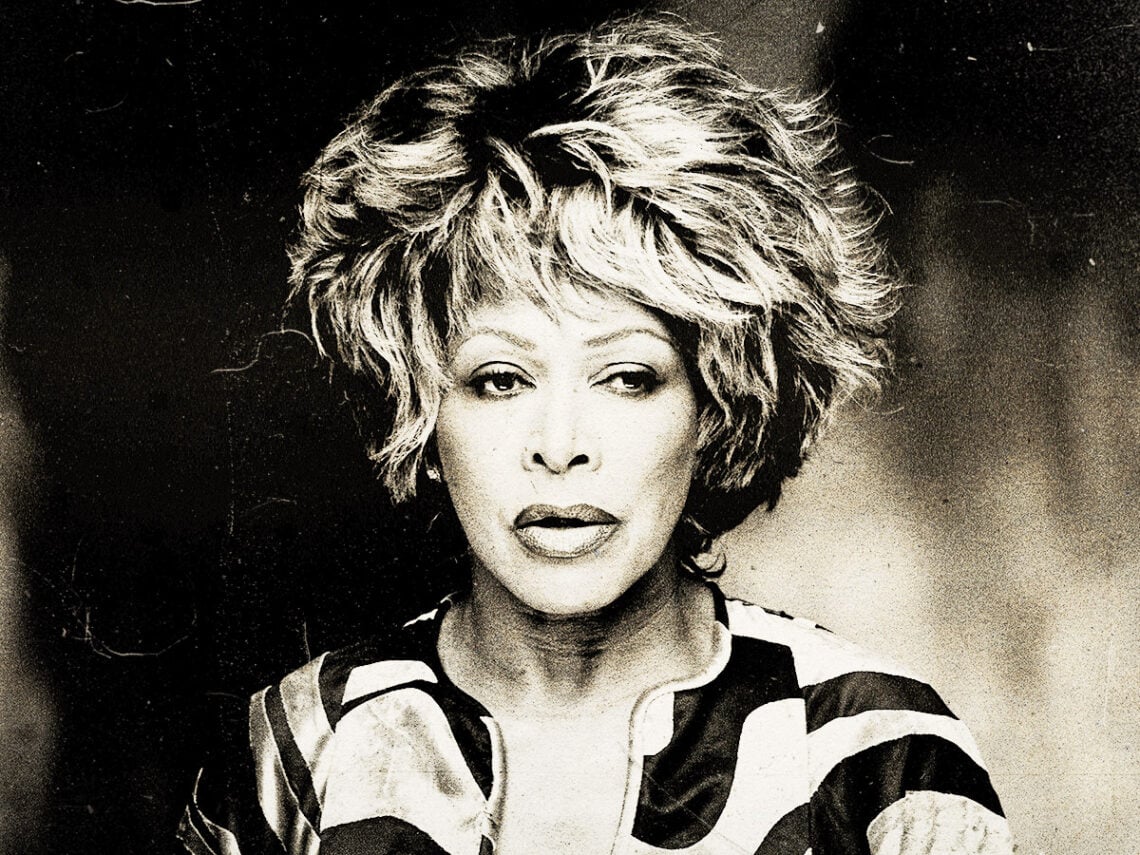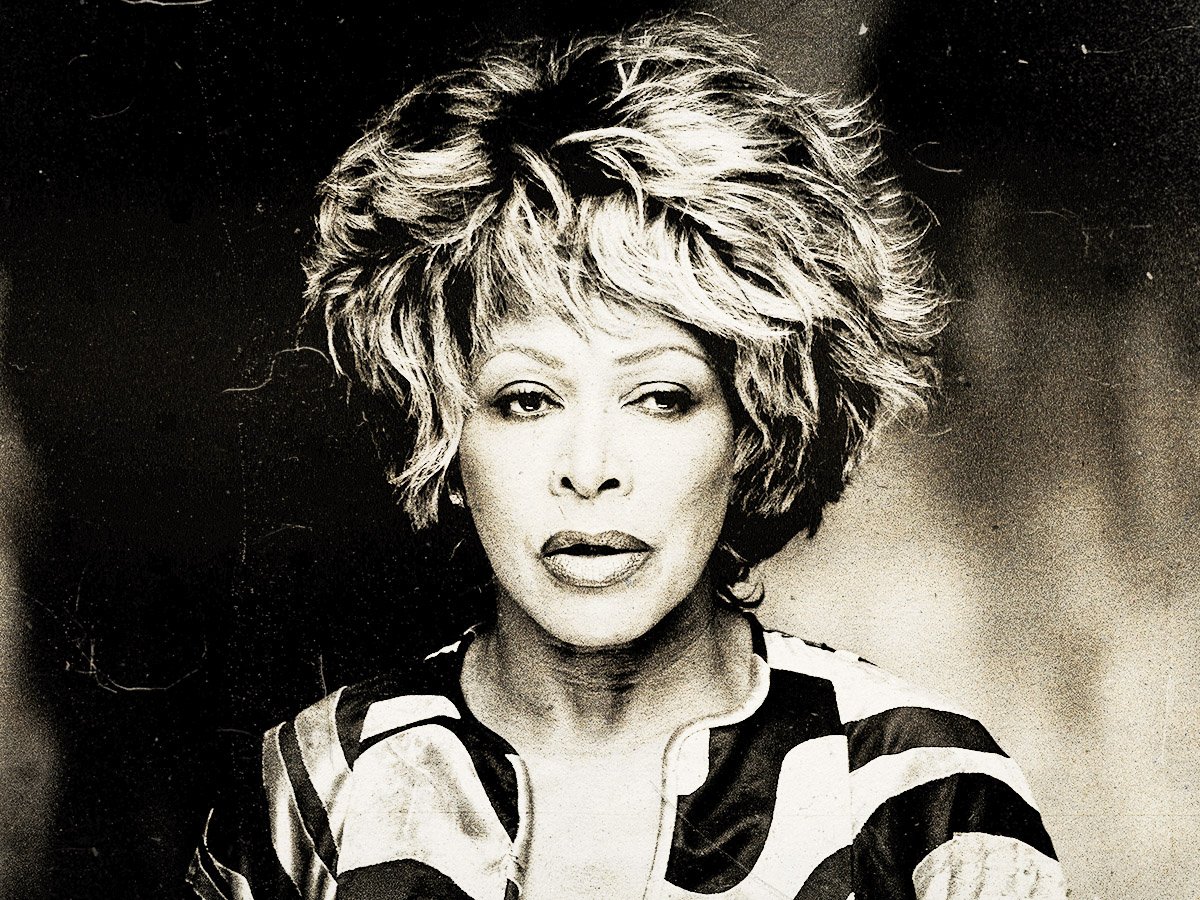
(Credits: Far Out / Duncan Raban)
Sun 2 November 2025 2:00, UK
By the mid-1980s, Tina Turner had already survived the flames of all that the industry could force her to endure.
At some point along the way, she wasn’t sure of her own resilience. It wasn’t until she found Buddhism and Roger Davies that things started to take a turn, and suddenly she didn’t wear the broken heart of someone wronged time and time again anymore; she was the born-again ‘Queen of Rock ‘n’ Roll’.
This time around, Turner knew what she was capable of and what she wasn’t, so she turned down a chance to appear in Steven Spielberg’s The Colour Purple because “it was too close to what I just stepped out of” with Ike Turner. She only did things in the studio that she knew were worthwhile, under the tutelage of new management, and she proved, from Private Dancer, that there was no fanning the flames of a fire destined to scorch anyone who tried to bring her down.
In the ‘80s, Turner entered a new prime. In I, Tina: My Life Story, she punctuated the triumph that marked the end of her battles with domestic abuse and made it clear that this new era had no space for lingering resentment. As she reflected to Rolling Stone in 1986, “I’m self-made. I always wanted to make myself a better person, because I was not educated. But that was my dream: to have class”.
Funnily enough, that same interview is filled with an unrelenting line of questioning about Turner’s past, all in excruciating detail, and the details of her love life, but she answered each one of them with complete and utter grace, even when it turned to implications about the things she wore on stage and the reasons why men might be “put off” by it. When the subject turned to that one infamous incident during her performance alongside Mick Jagger at Live Aid, she reiterated all the reasons why context is key.
She started by explaining the fact that they were comfortable enough with each other to pull off the stunt to begin with: “He certainly wouldn’t have pulled off [my skirt] unless we’d talked about it before. Mick said, ‘I’m going to change clothes’, so I said, ‘If you’re going to change clothes, you might as well take off my skirt’. It was just the spirit of the moment we were creating.”
She went on, describing Jagger’s character and how she felt a certain maternal instinct towards rock ‘n’ roll bands like The Rolling Stones, noting, “He’s like a bad boy in school. That’s why the Stones are like boys to me, because I’ve raised sons. When you raise boys, you know how they play. With Mick, you always have to be on guard, because you never know what he’s going to do. But Mick is like a brother. It wasn’t as if some guy pulled off my skirt; it was like this boy I knew did it.”
When it happened, however, people thought there had been no negotiation before or during as to how it would go down. Even that played into the whole bit, though, with Jagger later saying they orchestrated it “just to create something”. But that was the kind of charm they were going for, the shock factor that kept people guessing, even if it meant Turner would face awkward questions in interviews about her dignity during a time when she was already questioning it herself.
Related Topics

